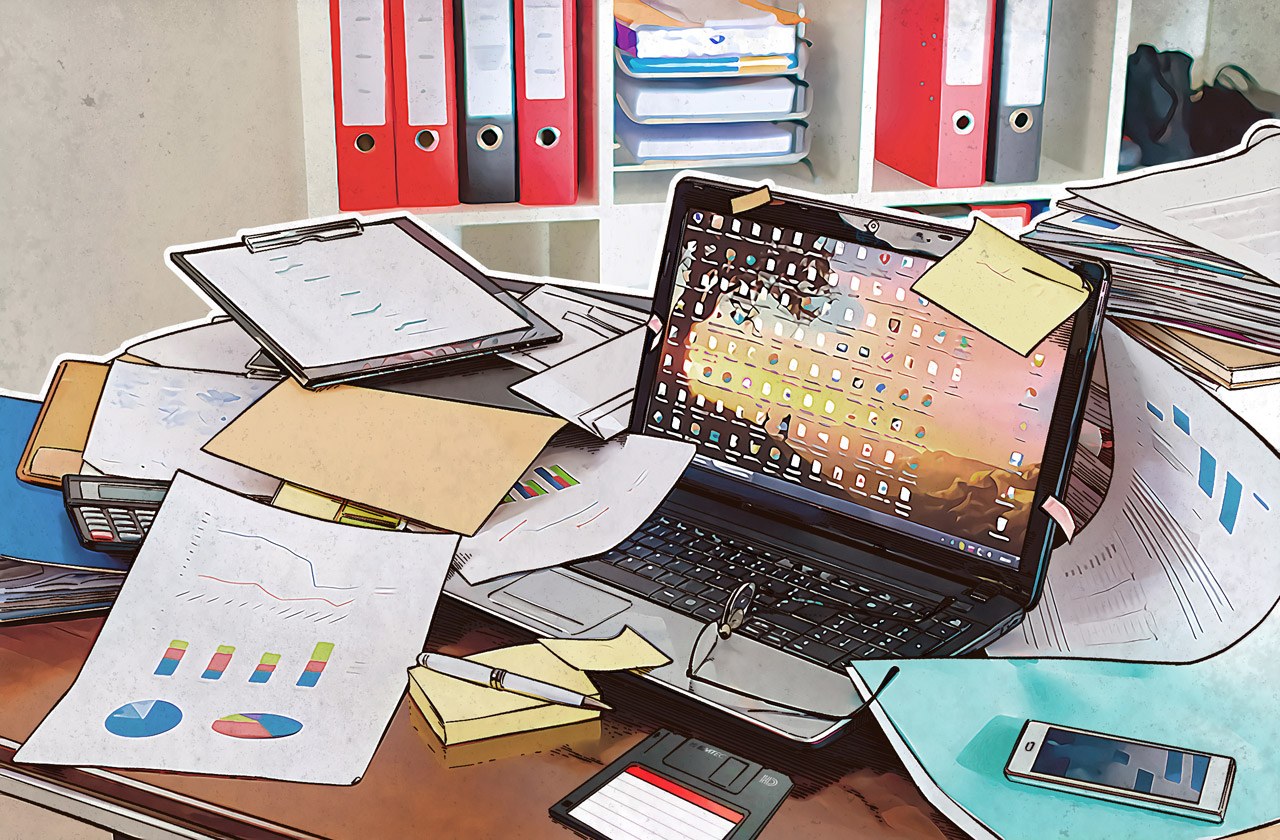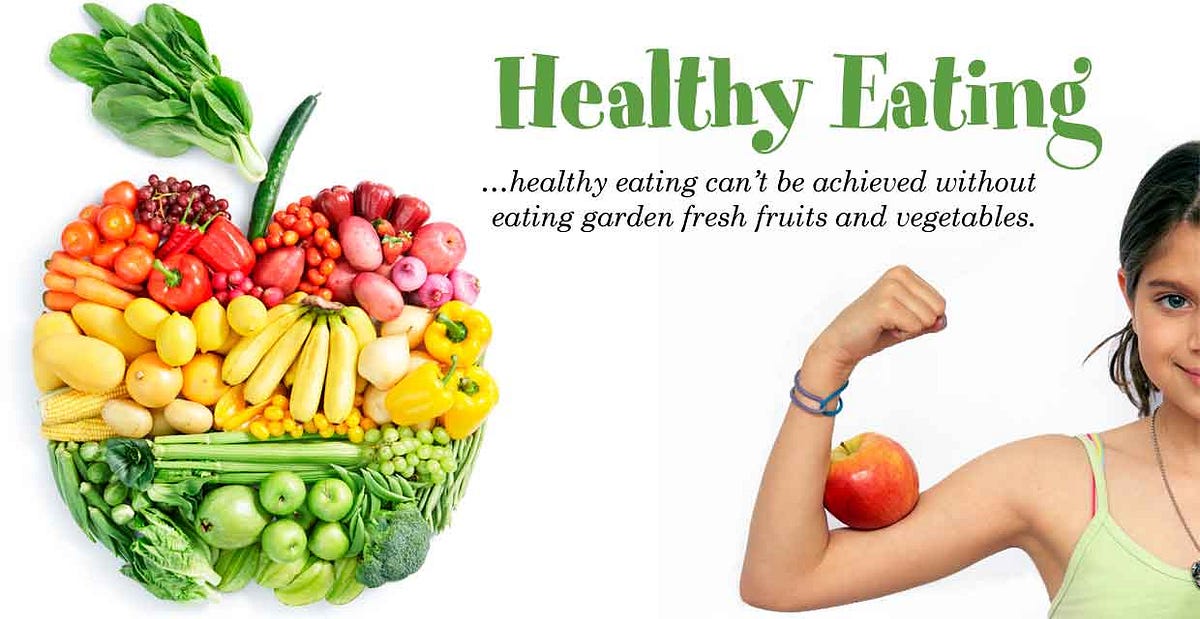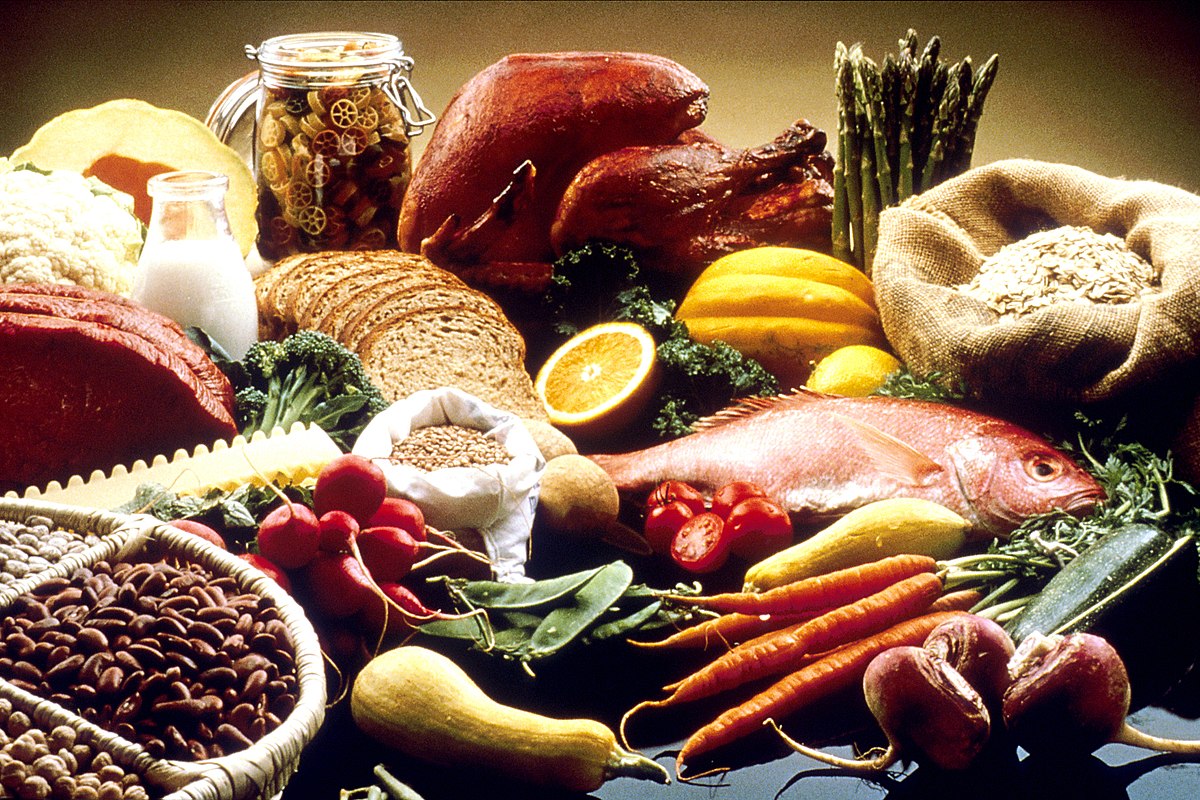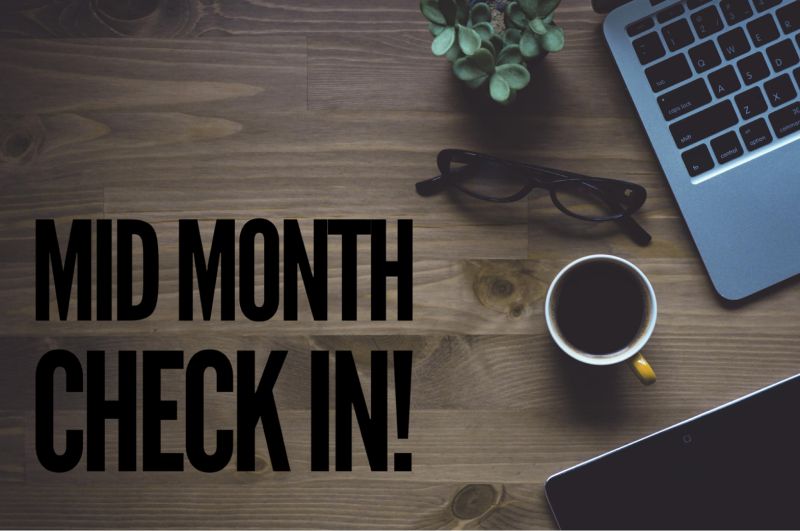This month was great. I did not expect to enjoy the many hours I spent geeking out over technology, productivity and organizational systems as much as I did.
I got so excited about this stuff that I created a few guides to help people get started on their own digital life cleanups. Less text and more visuals for people who want to reference these things later on.
And now that the month has come to an end, it’s time for a little self reflection.
What has changed? Am I more productive? Less overwhelmed?
Yes, definitely.
I get more done because I have systems in place to manage just about everything. I suspect that healthier dietary choices aids my improved productivity, and that these things build on each other.
That said, I’m far from any sort of organizational perfection. I encounter frequent pockets of inefficiencies and manage to create even more clutter for myself. I’ll forget my journal, allow emails to pile up or let a “to do” slip from one day to the next… to the next.
I’m still learning about the things that work for me – like what triggers distractions and procrastination, and where and when I do my best (and worst) work. And I’m aiming to make slow, small adjustments. Because it is the small things, the marginal improvements that compound over time to make a lasting, positive change.
It’s this concept of moving the needle slowly in the direction that we want that got me thinking about the basics of what it takes to build an organized digital life.
Plain and simple, you have to just begin. Start somewhere. Anywhere. I touched on this idea in my mid-month checkin, how you must not focus on the size of the project or difficulty of what you’re doing. That will only scare you into doing nothing. This is a process that has to be broken down into bite sized chunks. Begin with something so easy and so small that you can’t not do it.
Learning to purge and delete my digital debris has been one of the most challenging but necessary parts of this month.
There is this need to memorialize and document everything and parting with memories is hard. What if you need it later? What if you regret it? What if it’s sentimental?
Tip: If the thought of hitting the delete button frightens you, consider the “clean slate” method, where you move all emails, photos and files out of your inbox and hard drive folders and into your archives or external hard drives. This way, you’ll have to go and search for your stuff if you want it later. But more often than not, you won’t miss those things.
It’s a good exercise in learning what information, data and memories you need, and adding to your digital stockpile responsibly.
When you react and respond to things as they come through, distractions are inevitable. You get thrown off your pace. Embrace the idea of batching your work and setting aside the time to process your digital clutter and work on your project.
- Spend 10 minutes every day on your inbox
- Take 20 minutes each month to organize the photos and videos you took that month
- Commit to a few hours at the beginning of each year to change all of your passwords.
Focus on the things you need to do today and forget the rest.
Ideas pop into our head all the time. Good ones, bad ones, silly ones. Things we need to do, or not do. Our brains are not designed to retain all of these bits and pieces of information. The things we process are retained for a few seconds or minutes at a time. After that, we let it go.
We have enough information overload as it is, which is why I’m a fan of the idea of having an external brain – a place where I can dump everything that’s in my head which I can later reference, or toss.
It’s another reason why I love the Bullet Journal – because I have a place and a way to write my ideas down.
Evernote is another fantastic tool for storing all of your ideas and information and hands down one of the best platforms for productivity and organizations. I have it installed on my iPhone and desktop and can very easily add any note or idea to save.
SO WHAT?
Time is something we all want more of.
After this month, I feel like I have my time back, and that’s a huge thing. Most days I don’t feel like I’m scrambling to keep up with myself. I’m not frazzled or overwhelmed. And I must say, it feels great to be organized and in control of my time and stuff.
By the time this post goes live, I will be somewhere off the coast of Alaska looking for whales and hiking on glaciers, accumulating emails, not responding to things, taking photos and creating new memories pondering just how I am going to tackle my July challenge: meditation.















